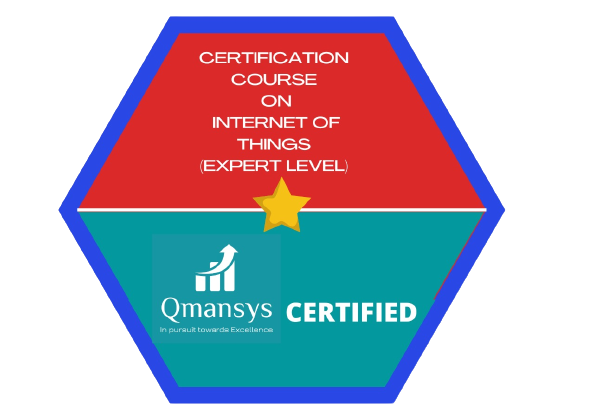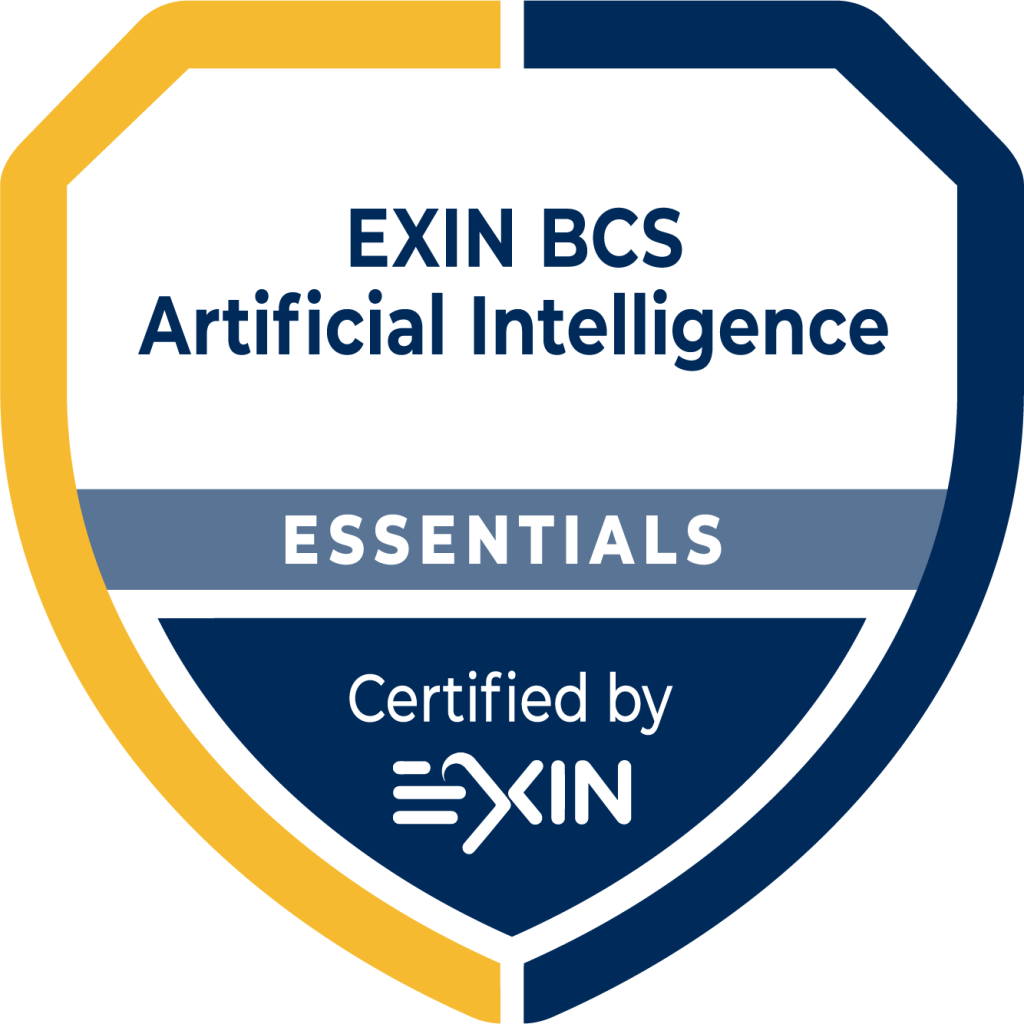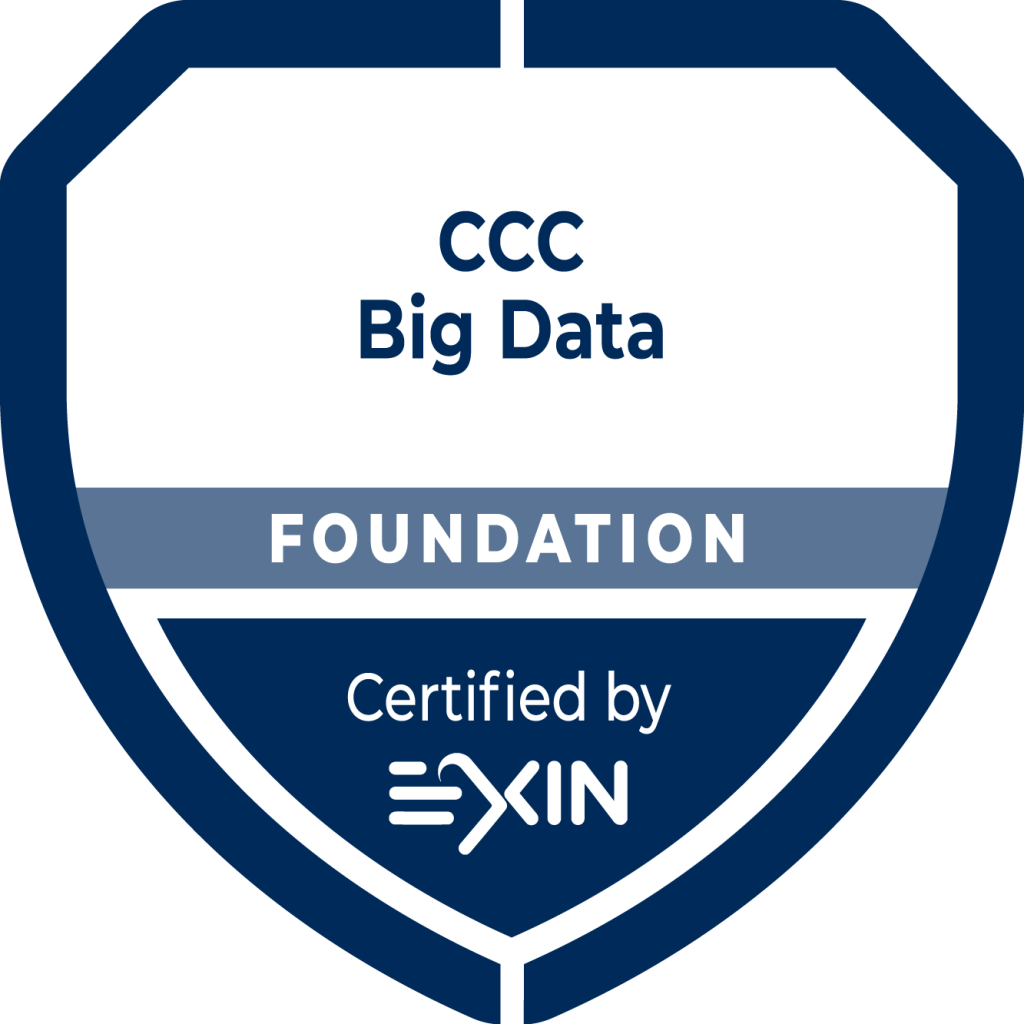ITIL®4 Foundation
3850 Learners 4352 RatingsITIL®4 - the most recent release of ITIL® - was launched in February 2019. It's the first major update to the ITIL framework since 2007, designed in large part to keep up with recent trends in software development and IT operation.
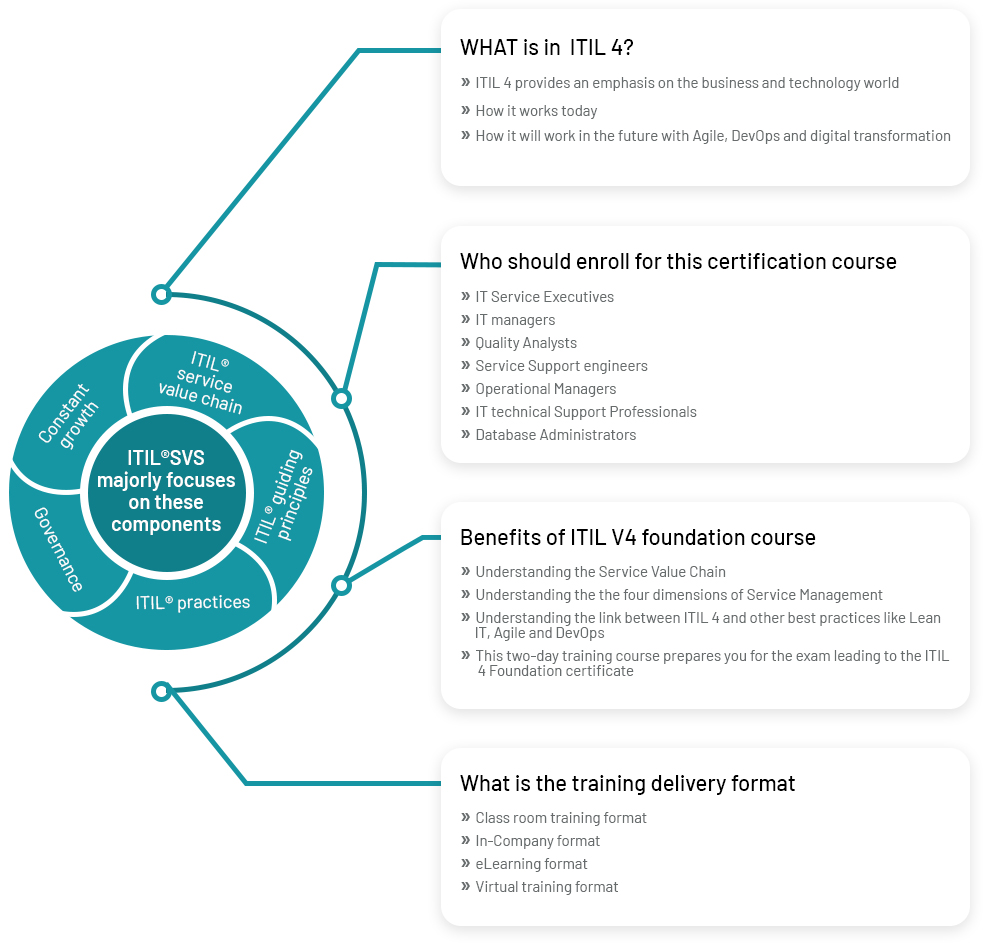
Training Calender
ITIL®4 Foundation Key Features
- With 100% Passing Assurance
- Globally Accepted Certification
- Hands-On Lab Based Training
- Real-time Industry Scenarios
- Interactive Training Sessions
- 12000+ Professionals Certified
Skills Covered
- Managerial Professional
- Risk Management
- Incident Management ...
- IT security
- Case Studies
- Designation
- Annual Salary Packages
- Hiring Companies
Source: Glassdoor



Source: Indeed
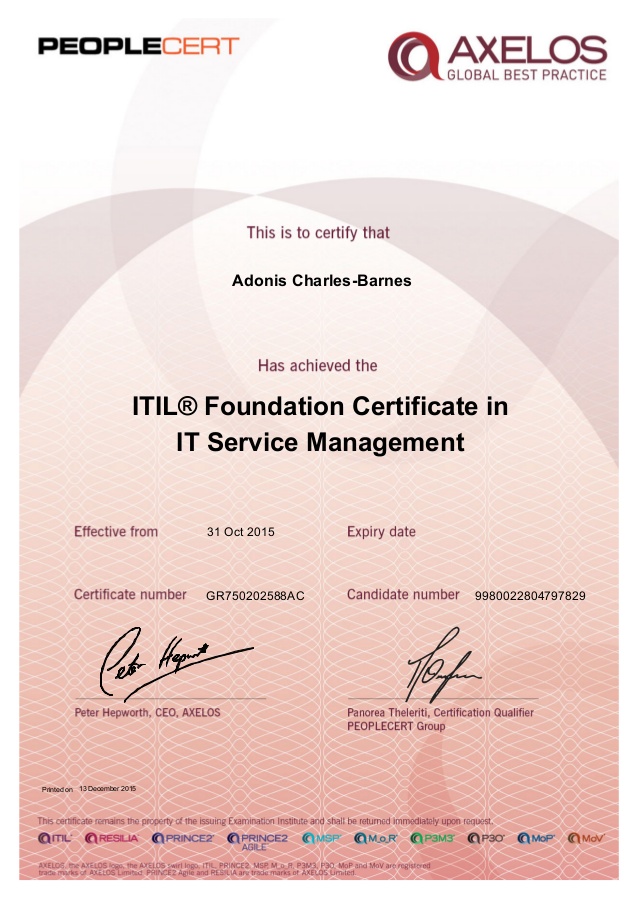
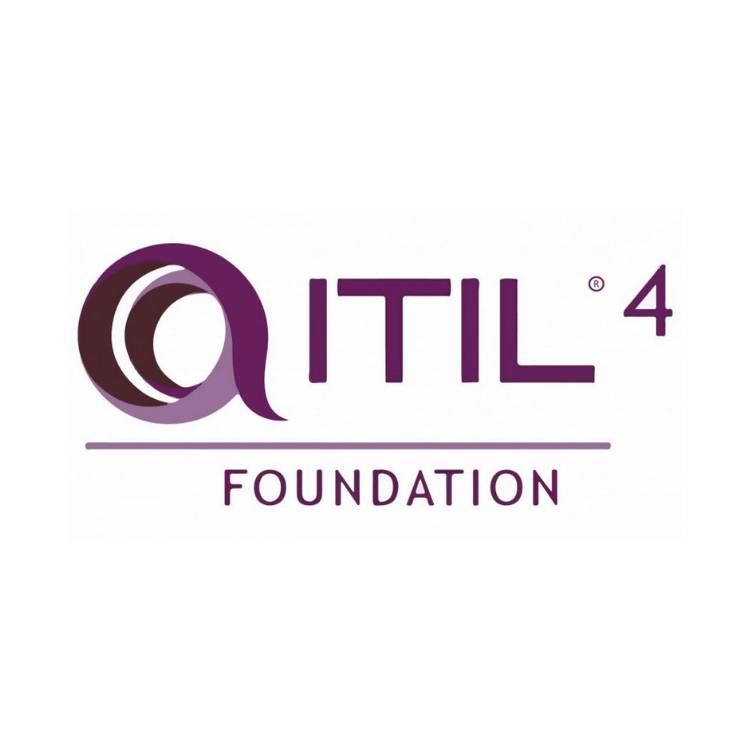
Why Qmansys
Royal Guidance for a Real Career Growth
Qmansys Provides a Royal Guidance for each and every professional. Cutting Edge Curriculam designed under the observation of Industry and Academy Experts to match the standards demanded in thre industry.
Experience the Real World problems with Practical Examples
Only theory ? no we don’t believe in this. Our course is designed in a way that most of the real world problems are discussed there and solution to them is also provided alongside. This helps a candidate to gain sufficient practical knowledge to tackle all the challenges thrown at him.
Learn from the Top Industry Expert
Our trainers are CXO Level experts, with minimum 20-25 years of experience. They not only provide the training but also guides the candidate to get a better job and a high flying career boost.
End to End guidance for Life
We in Qmansys believe a professional is here not only to complete any training and Certification, but we believe he is a part of our Qmansys Family and we continue to give him/her the support for the betterment of his/her career. Even after the training Continuous Career Counseling and Monitoring is done by our Experts to make sure the Professionals get the right taste of success in their Career.
ITIL 4 provides a flexible foundation for organizations that need to integrate various frameworks and approaches into their service management operating models.
ITIL 4 aims to help businesses navigate the new technological era of digital services.
ITIL 4 brings the ITIL framework up to date, introducing a holistic approach to service management and focusing on 'end-to-end service management from demand to value'.
The new edition of ITIL 4 is the first major update to ITIL since 2007 and is arguably a response to the emergence of newer service management frameworks such as VeriSM™, SIAM® and FitSM. It expands the previous version of ITIL V3 ('ITIL 2011') and provides a flexible basis to support organizations on their journey to the new world of digital transformation.
ITIL 4 describes an operating model for the delivery of tech-enabled products and services. The documentation has been completely revised and streamlined to make it easier to read, and enhanced with many practical examples.
ITIL 4 also reflects recent trends in software development and IT operations, and includes advice on how to apply philosophies such as Agile, DevOps and Lean in the domain of service management.
Last but not least, ITIL 4 makes a point of being "a framework for service management" (as opposed to "IT service management"), reflecting the growing trend of applying service management best practices in the domain of enterprise and business services.
ITIL 4 defines four dimensions that should be considered to ensure a holistic approach to service management:
Organizations and people
Information and technology
Partners and suppliers
Value streams and processes.
These dimensions are applicable to the service value system in general and to specific services.
The service value System (SVS) represents "how all the components and activities of an organization work together to facilitate value creation". The ITIL 4 SVS includes several elements:
Guiding principles
Governance
Service value chain
Continual improvement
Practices.
ITIL 4 includes 34 management practices as "sets of organizational resources designed for performing work or accomplishing an objective". For each practice, ITIL 4 provides various types of guidance, such as key terms and concepts, success factors, key activities, information objects, etc.
The 34 ITIL 4 practices are grouped into three categories:
I. General management practices
II. Service management practices
III. Technical management practices
I. General management practices
The ITIL 4 general management practices include:
1. Strategy management
2. Portfolio management
3. Architecture management
4. Service financial management
5. Workforce and talent management
6. Continual improvement
7. Measurement and reporting
8. Risk management
9. Information security management
10. Knowledge management
11. Organizational change management
12. Project management
13. Relationship management
14. Supplier management
II. Service management practices
The service management practices in ITIL 4 include:
1. Business analysis
2. Service catalogue management
3. Service design
4. Service level management
5. Availability management
6. Capacity and performance management
7. Service continuity management
8. Monitoring and event management
9. Service desk
10. Incident management
11. Service request management
12. Problem management
13. Release management
14. Change control
15. Service validation and testing
16. Service configuration management
17. IT asset management
III. Technical management practices
The ITIL 4 technical management practices include:
1. Deployment management
2. Infrastructure and platform management
3. Software development and management
ITIL 4 is not about introducing new fundamental ideas of service management and should be seen as an expansion of the time-tested ITIL framework, not a replacement. Essentially, ITIL 4 and ITIL V3 provide guidance based on the same underlying principles, but ITIL 4 takes a new approach to presenting this guidance.
Service Strategy
Service Design
Service Transition
Service Operation
Continual Service Improvement
The service lifecycle has been dropped in ITIL 4 and the processes replaced with practices. But many of the ITIL 4 practices clearly correspond to the previous ITIL V3 processes.
Other than that, ITIL 4 introduces additional guidance, to ensure practitioners better understand the core principles and concepts such as "value" and "outcomes".
ITIL 4 also provides advice for integrating ITIL with other frameworks and methodologies like DevOps, Lean and Agile.
Holders of ITIL V3 Foundation certificates:
There are significant changes in the ITIL 4 Foundation material.
AXELOS advise candidates who have taken the ITIL V3 Foundation exam to take ITIL 4 Foundation in order to be able to transition to the new scheme.
Holders of ITIL V3 Intermediate or Practitioner certifications:
The best migration path towards the ITIL 4 scheme will depend on the number of credits already earned.
Candidates may either choose to restart their certification itinerary with ITIL 4 Foundation, or to complete ITIL V3 Expert and then take the ITIL 4 Managing Professional Transition module.
Holders of ITIL V3 Expert certifications:
Candidates who have achieved ITIL V3 Expert will be able to take the ITIL Managing Professional Transition module to achieve the ITIL Managing Professional designation.
While ITIL V3 defined a set of processes organized around the service lifecycle, ITIL 4 describes principles, concepts and practices. This includes key activities and essential inputs and outputs for each practice, but not detailed process specifications. This departure from the previous process-oriented approach is a fundamental change in ITIL 4 that enables service providers to adopt more flexible operating models.
ITIL 4 is thus not prescriptive regarding processes. But organizations still need to define their processes as a key element of their operating models (ITIL 4 says that "organizations should define tailor-made processes", in line with their specific requirements).
Organizations looking for detailed process descriptions can still find them in the ITIL V3 publications (AXELOS state that ITIL 4 does not invalidate earlier vesions of ITIL, and the processes as specified in ITIL V3 are therefore still valid guidance).
But the arrival of ITIL 4 and its preference for "simple and practical" ways of working also provides an opportunity for a fresh start with service management processes. If organizations are to keep things simple and become more agile, they will likely need processes that are somewhat less complex than the 26 service management processes familiar from ITIL V3.
ITIL is some 30 years old and over the years has been adopted by a large number of organizations. It has been updated from time to time, but other, newer service management frameworks and approaches have been quicker in recognizing emerging trends in service management and information technology. ITIL 4 has arguably taken a leaf or two out of these frameworks to keep up with the times. Here are a few examples:
ITIL 4 includes updated guidance on multi-sourcing and service integration. These are key topics in the SIAM® framework.
ITIL 4 embraces new ways of working, such as Agile, Lean and DevOps, as well as organizational change management. These management practices and their relevance for service management are also described in the VeriSM™ approach.
The ITIL 4 service value chain is somewhat reminiscent of the VeriSM™ model, with key areas such as define, produce, provide and respond.
ITIL 4 introduces the concept of a service value system. This fits in with a key requirement in the latest 2018 edition of ISO 20000 for organizations to "establish, implement, maintain and continually improve" a service management system.
ITIL 4 introduces a completely new, "streamlined" certification scheme.
As in ITIL V3, Foundation is the entry level ITIL 4 certification, introducing the key elements, concepts and terminology used in ITIL.
After passing the Foundation exam, ITIL practitioners can choose between two ITIL 4 certification "streams", each consisting of several modules:
ITIL Managing Professional, targeting IT practitioners, and
ITIL Strategic Leader, focusing on business strategy and digitally enabled services.
ITIL Master is the top-level qualification of the ITIL 4 certification scheme. There is no fixed training course or exam involved, but candidates need to demonstrate "extensive practical hands-on experience with ITIL".
ITIL V3 certifications will remain valid, but pressure to upgrade to the latest certifications is likely to grow. This is particularly true for ITSM consultants, whose customers will often expect up-to-date qualifications.
For those who wish to migrate to the new ITIL 4 certification scheme, AXELOS have prepared a transition plan:
Holders of ITIL V3 Foundation certificates:
There are significant changes in the ITIL 4 Foundation material.
AXELOS advise candidates who have taken the ITIL V3 Foundation exam to take ITIL 4 Foundation in order to be able to transition to the new scheme.
Holders of ITIL V3 Intermediate or Practitioner certifications:
The best migration path towards the ITIL 4 scheme will depend on the number of credits already earned.
Candidates may either choose to restart their certification itinerary with ITIL 4 Foundation, or to complete ITIL V3 Expert and then take the ITIL 4 Managing Professional Transition module.
Holders of ITIL V3 Expert certifications:
Candidates who have achieved ITIL V3 Expert will be able to take the ITIL Managing Professional Transition module to achieve the ITIL Managing Professional designation.


